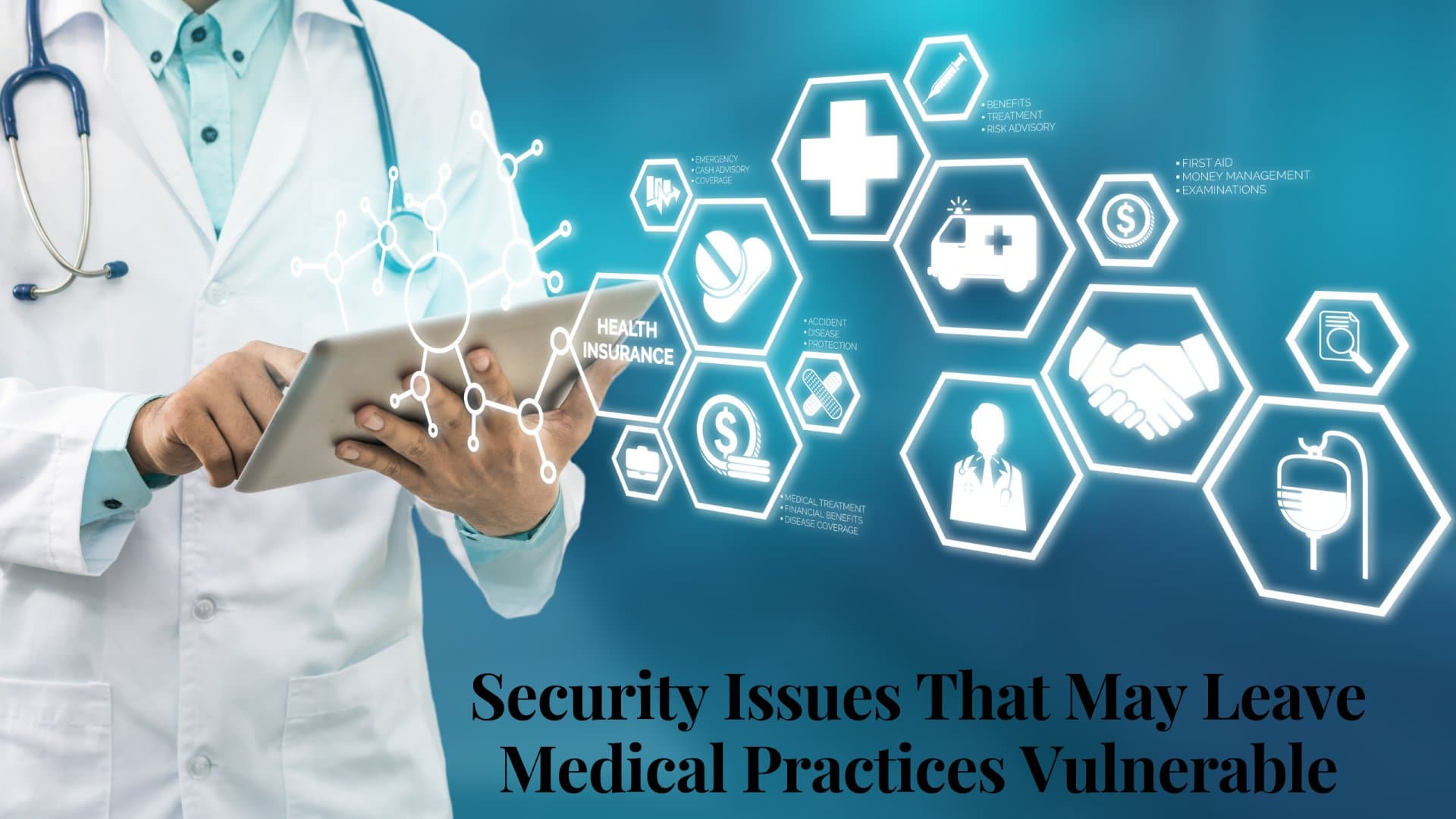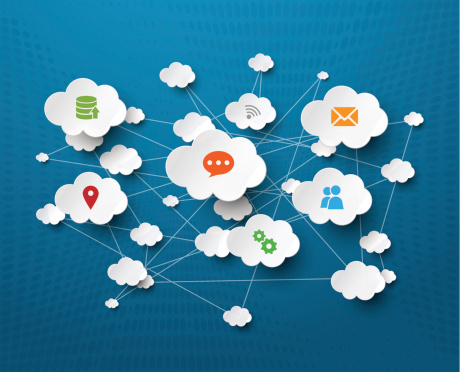Hey Sales Managers…Microsoft Office 365 Is So Much Better!
Office 365 can help your sales team manage data: Here are just some of the advantages it offers. Sales managers have a lot of different apps and...
2 min read
Lance Stone : May 8, 2019 7:45:00 AM

Healthcare providers have a legal obligation to keep patient data security, whether it’s at rest on a server or in transit to the cloud or a third party. To maintain regulatory compliance and the confidence of your patients, your practice needs to be vigilant in the technologies that it deploys to make sure that all personal and medical information is protected.
Unfortunately, hackers are using sophisticated means to steal this data, sell it or hold your medical practice hostage until you pay massive ransoms. The cost to your practice can be significant, both in dollars spent, patients who leave and reputation lost.
Your practice and patients need an IT solution that provides reliable services to protect data and monitor your IT systems. Otherwise, you leave the data far more vulnerable.
A managed service provider (MSP) that knows the complex issues facing medical businesses today is your best defense. Here’s a look at some of the most common IT issues facing practices and how you and your (MSP) can guard against them.
How Do I Manage All the Users Who Have Access to Patient Data?
Not all cyberattacks are perpetrated by outside parties. Employees — current and former — may have access to sensitive information, which is why processes and procedures need to be in place to manage access. Two common issues are:
What Security Issues Are Due to Our Products?
Servers and software are major access points for disruption. There are a couple of common vulnerabilities that practices should look at:
What Do I Need To Do When Transmitting Data?
Many servers include services such as file transfer protocol (FTP), Telnet and terminal services. You should not transfer any information using these tools as they are easily “sniffed” by hackers using freely available methods. For example, FTP and Telnet need to regularly reauthenticate access credentials. Usernames and passwords are sent as text that can be easily accessed by third parties.
Data transfer should be done using sophisticated encryption protocols when transmitting and backing up data.
What Can I Do To Help Employees?
Your employees are your first line of defense against a cyberattack. Automation and education are the keys to prevention.
You need to make sure they are aware of methods used by bad actors and can detect suspicious emails and attachments that pose a major risk to the practice.
It also means making sure you have automated security tools in place to prevent attacks. You need to provide anti-spam, anti-malware and anti-phishing tools that run automatically on every connected device on your network. These software apps should be updated automatically to address the ever-emerging new viruses, worms and trojans that do damage.
You also need to make sure that patches to software and operating systems are applied automatically and immediately.
With some careful planning and the right technology partner, your health care business and its data will remain safe.


Office 365 can help your sales team manage data: Here are just some of the advantages it offers. Sales managers have a lot of different apps and...

Taking Your Small Business Up A Notch Using Mail Merging on Microsoft Word What is a Mail Merge?

Unlike large organizations which operate on large amount of resources, small businesses are reluctant when it comes to adopting new IT systems....

On Time Tech is an IT Support and Computer Services company serving California. We provide services to the areas in and around We know businesses like yours need technology support in order to run highly-effective organizations. Leverage pro-growth technology services for your company now.
© 2026 On Time Tech